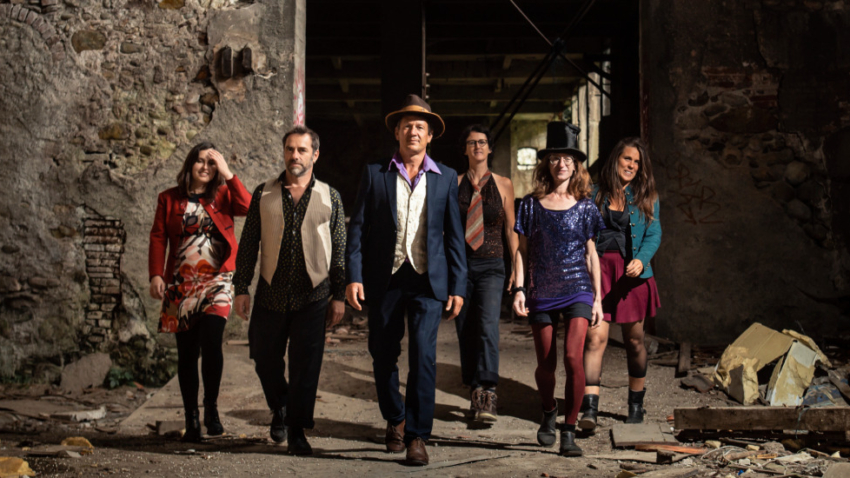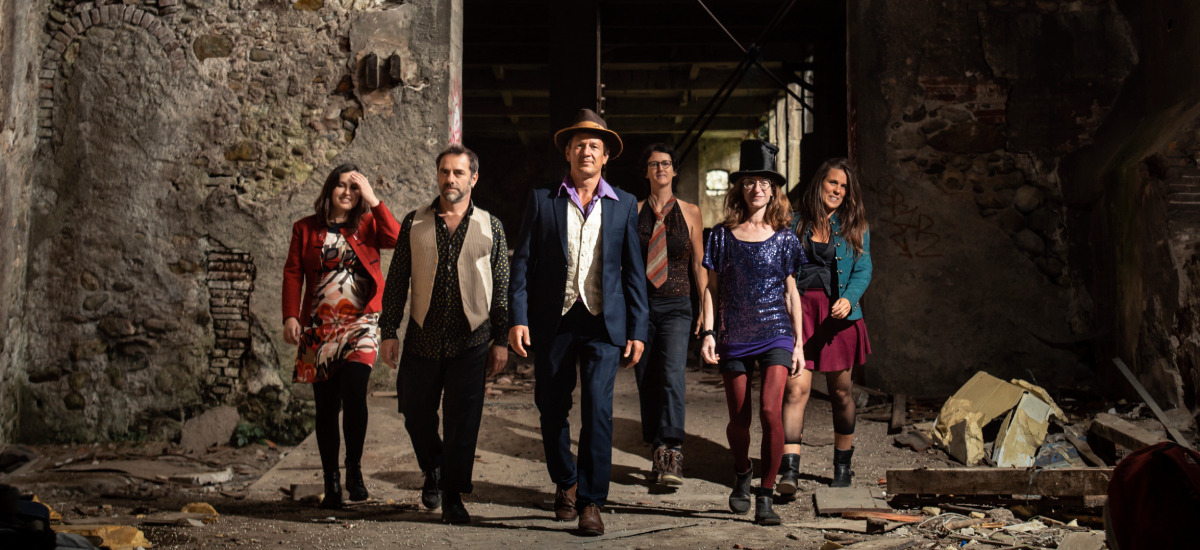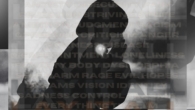
Raw and Real: Nothing Concrete’s ‘The Imperfectionist’ is a Sound Worth Sitting With
To call Nothing Concrete’s newest album ‘The Imperfectionist’ imperfect is redundant—everything about the album from its varied multicultural influences (afrobeat, blues, tango), to its formation in Scotland and eventual settling in Foix, France, to the home-made recording studio in the Ariège countryside in which the album was recorded, suggests a touch of rebellious spirit and gritty commitment to doing things the way they want to be done, not necessarily the way they are supposed to be done. The effect is charming and as unschooled as it is impassioned—produced by Keith Witty in New York. There’s a transatlantic sparseness to the record that doesn’t feel sprawling or strained. It is visceral and transportive.

The opening track “The Boats” immediately sets the stage with a new age-ish soft spot electro version of a new age-ish soft spot (migration, cultural difference) without proselytizing or getting too wrapped up in its own thunder. It’s followed by the more down-home blues of “Broken Bird”, raw and ragged where it needs to be and so achingly vulnerable where it can afford to. “Cometh The Hour” brings it up just enough for the necessary pacing, danceable (not quite disco), with a satisfying tension-release. “Empty Whiskey Bottle Mariachi Blues” is pure smoke on the water and dance like there’s no tomorrow. “He Don’t Do Much Of That Now” is more emotionally pointed, mixing the absurd with the poignant.
The title track “The Imperfectionist” is a breezy, unencumbered distillation of the album’s ethos. It’s easy and matter-of-fact and unbothered by any façade of perfect. “John Henry Lee” may just be the one nod to any real sense of folk as in “folksy”, but it retains the bite. “No Force” is more push and pull, from soft to hard. “S.O.S – Save Our Souls” is another point-on-blanket, frontal assault and probably the most strident on the list. “The Western” ends things on a slow-burn, soft, and contemplative note. ‘The Imperfectionist’ never really asks for your attention, it only demands your ears. It plays and it sings and it lets you decide whether you want to be a surface listener or to look for the depths. The more you look, the more there is to find.








Leave a Reply